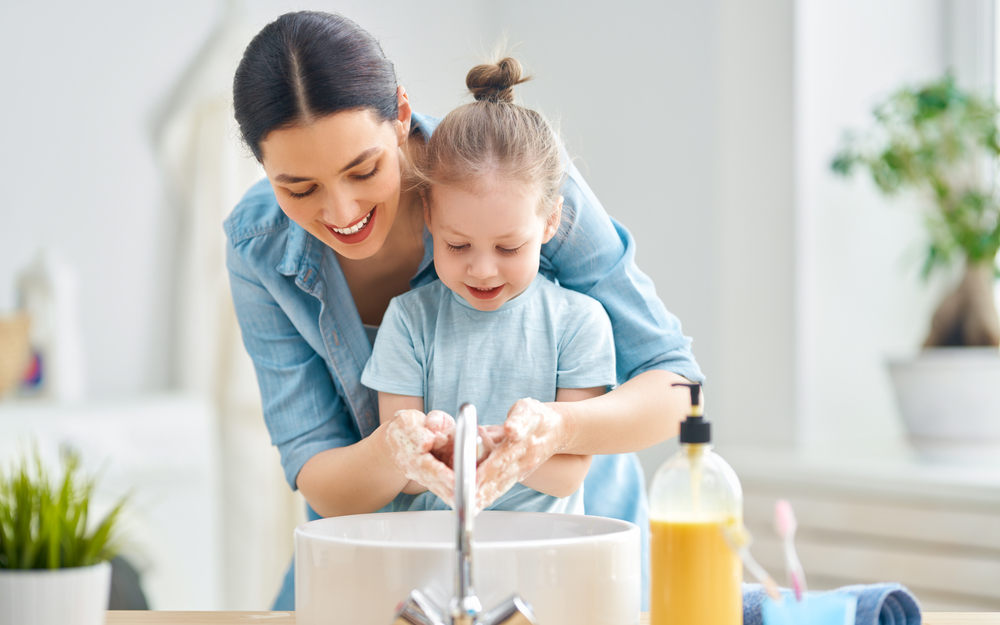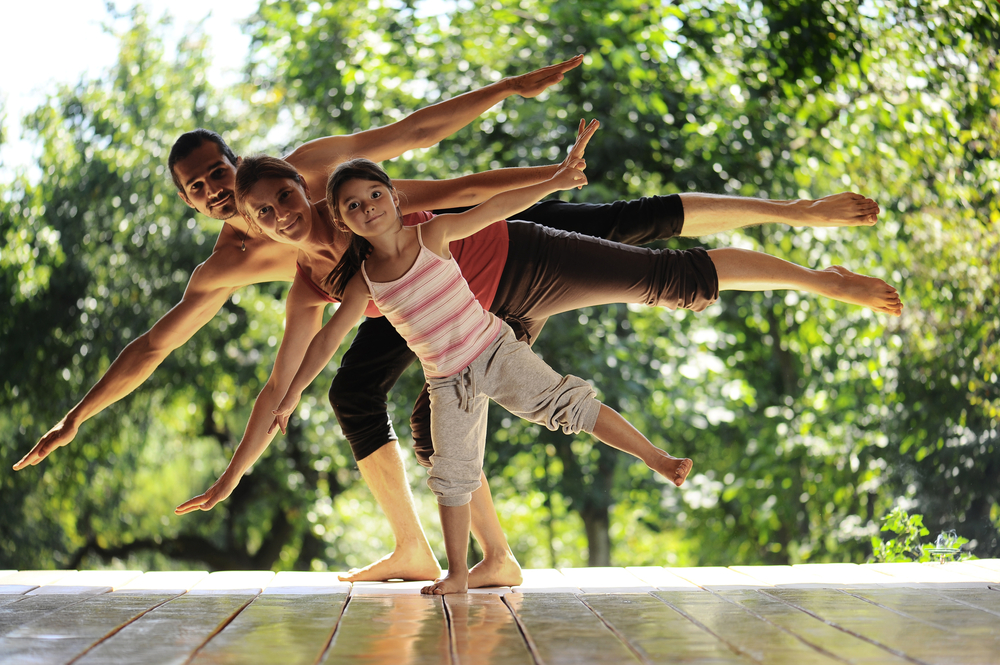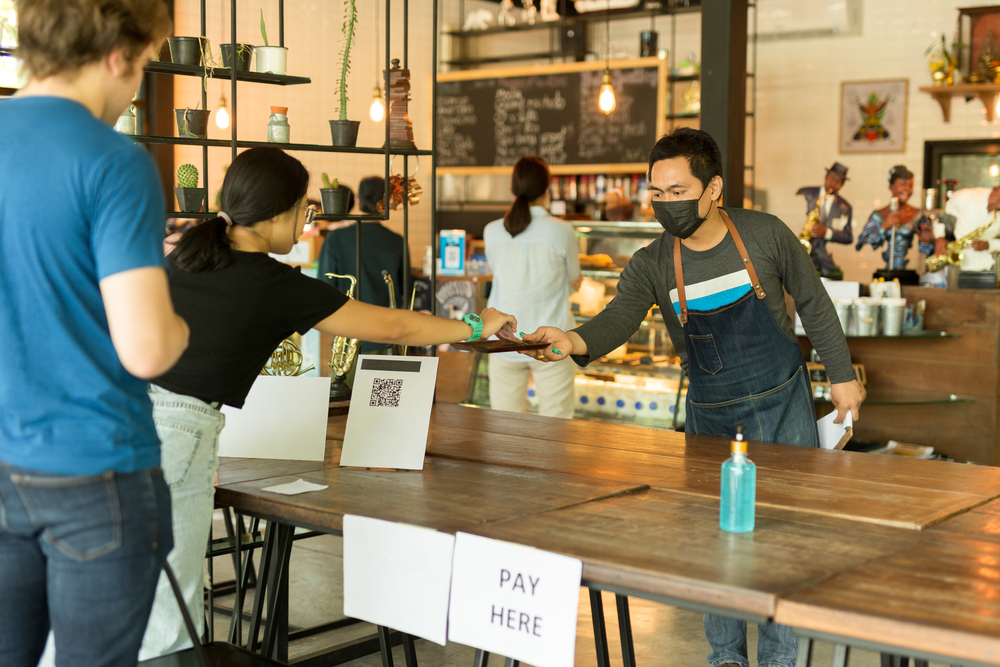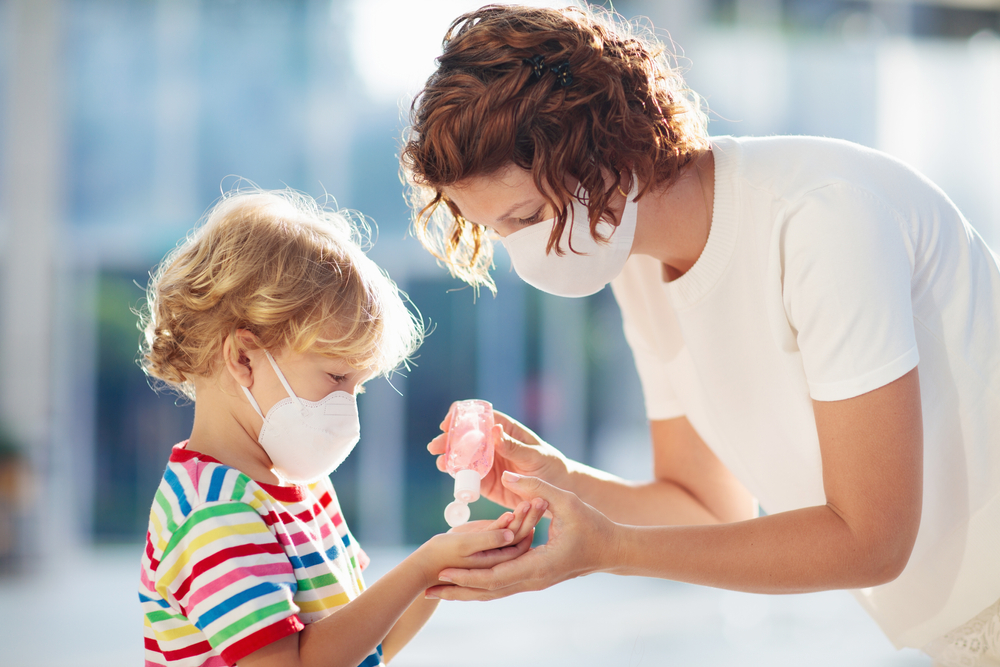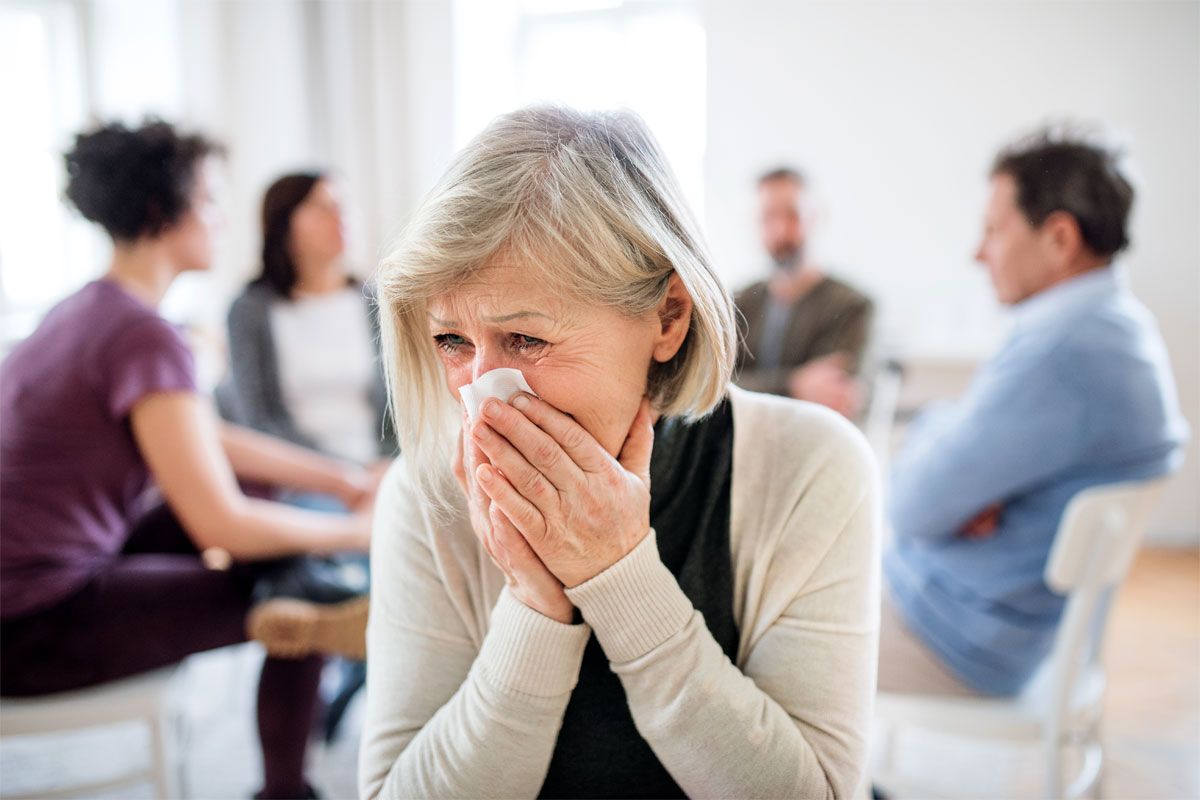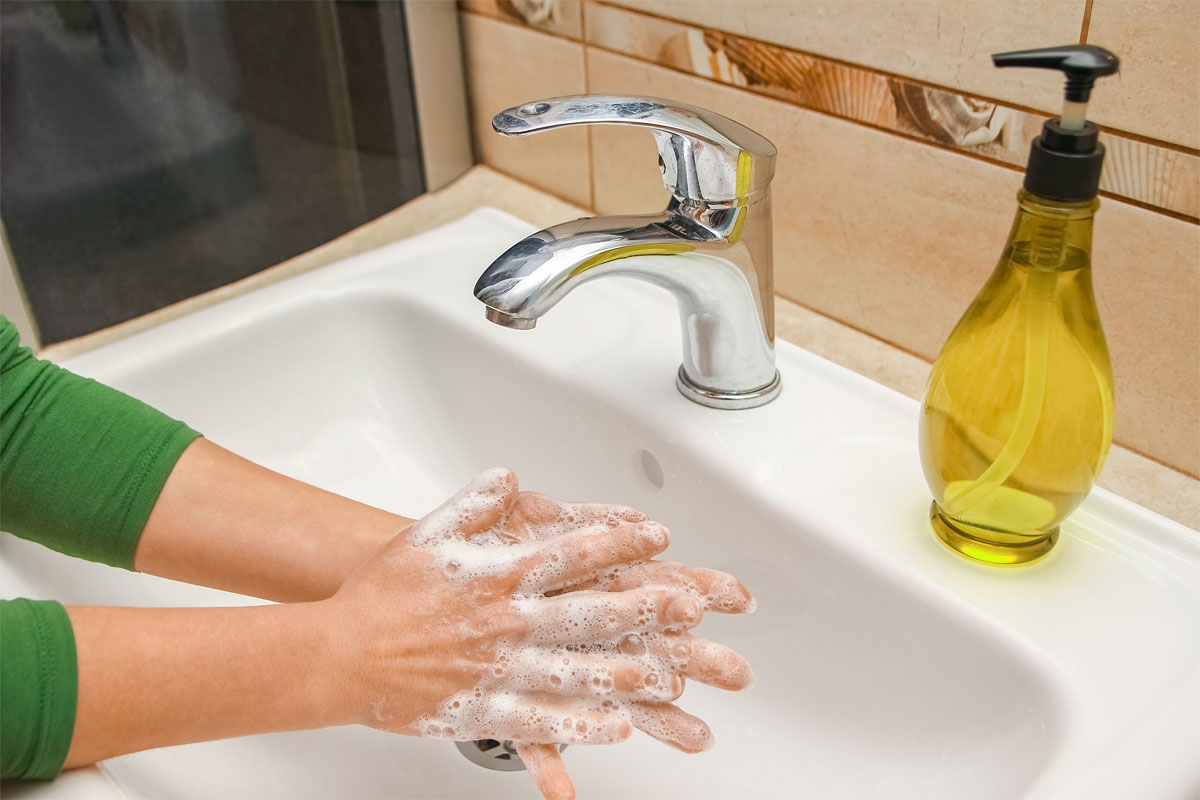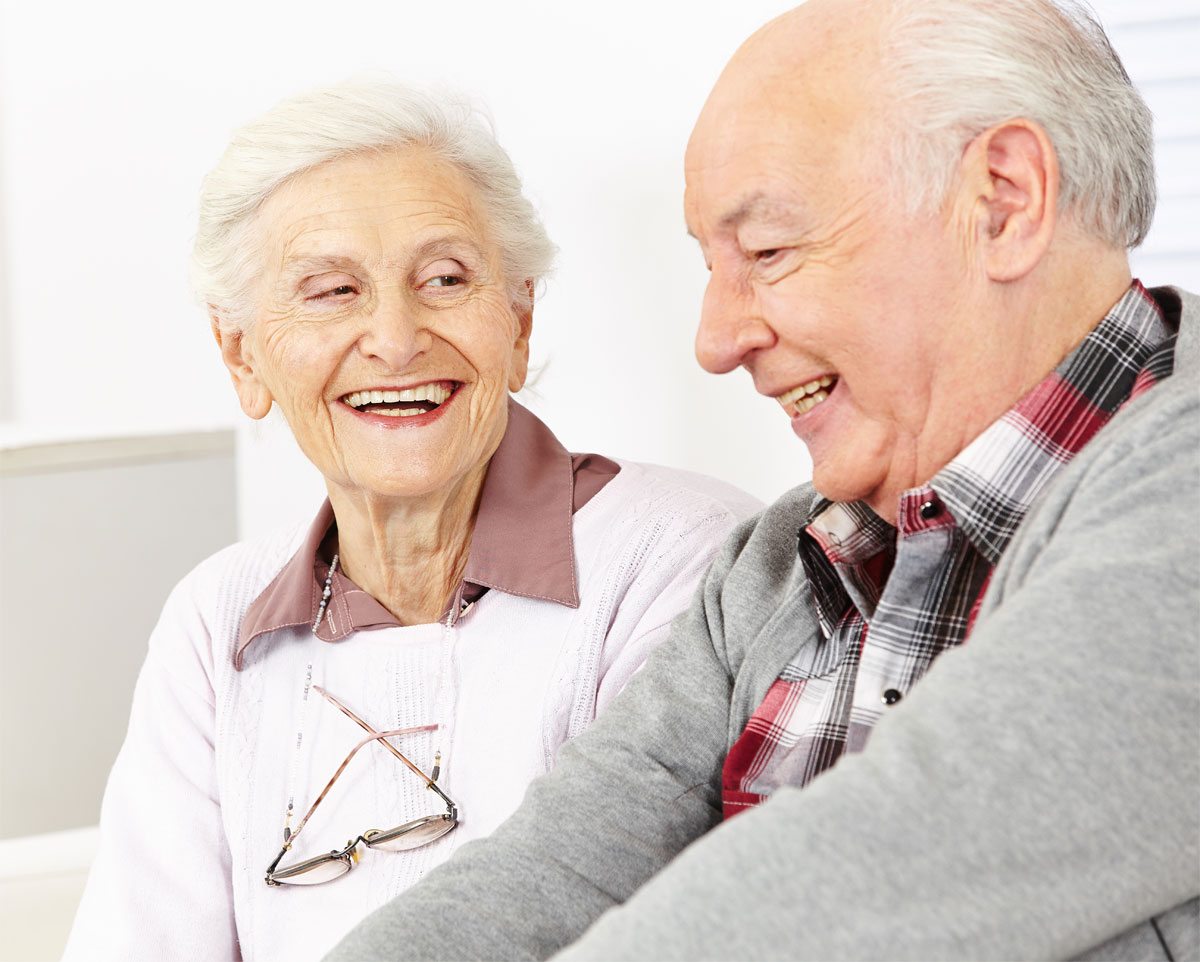Simple Reasons Why Wearing a Mask Works
For Americans who don’t work in healthcare, wearing a mask is a relatively new concept. Since the early days of the pandemic, there has been quite a bit of confusion about whether masks are effective. Despite the mixed messaging, we should all wear masks because they have been scientifically shown to help slow the spread of respiratory diseases like COVID-19.
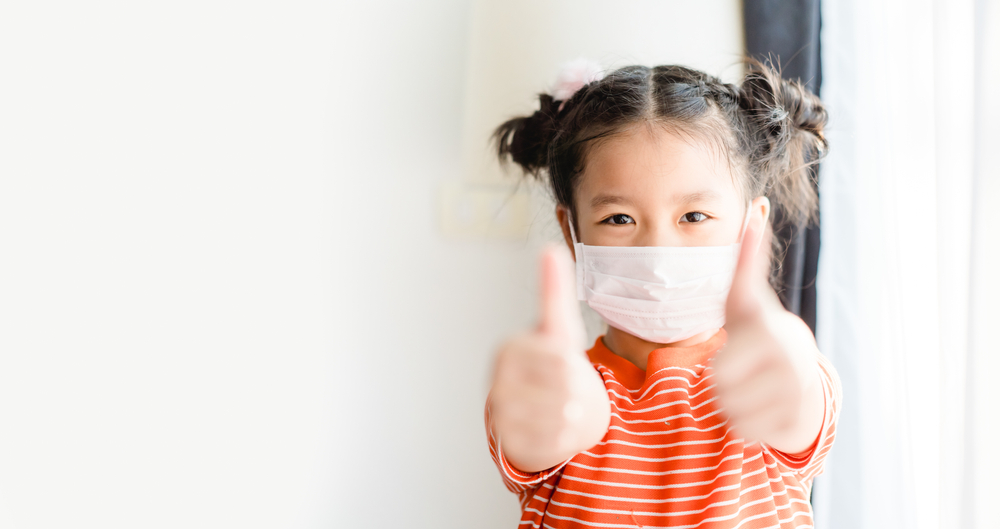
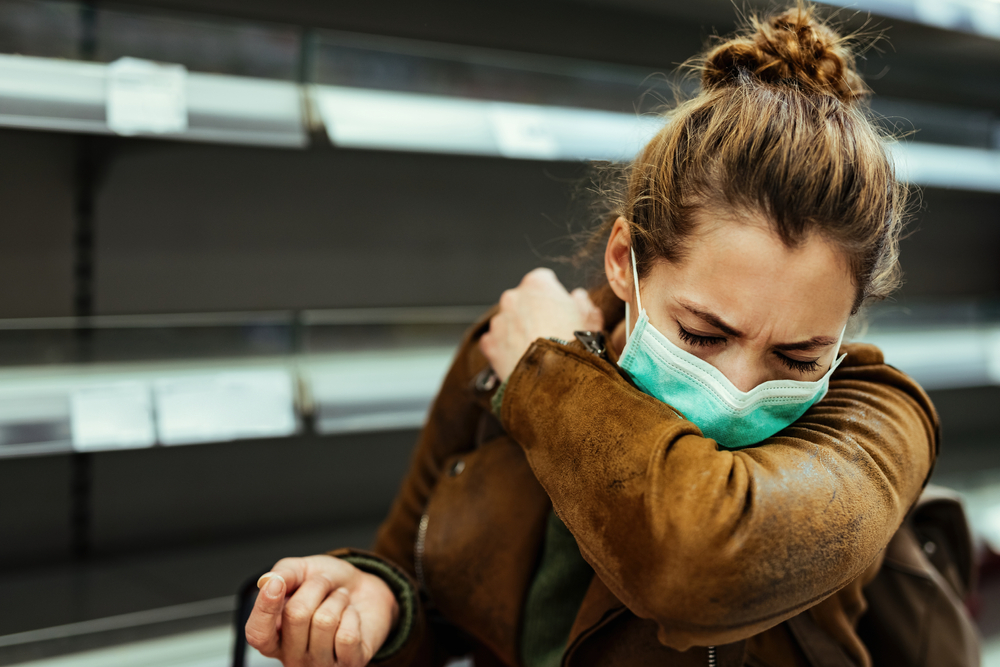
How Respiratory Disease Spreads
When a person sneezes, coughs, sings, shouts, or talks at a normal volume, they expel and project droplets of moisture from their mouths and noses. (Check out this high-speed video experiment to see it in action.) If a person is infected with coronavirus (or any type of respiratory virus), they’ll expel the virus along with the droplets. If anyone inhales those particles or gets them in their eyes, then they could catch the virus, too.
Why Masks Work
Like putting a shield over your mouth and nose, masks help block the aspirated droplets of virus that could be projected from our mouths and noses. Think of the difference between driving a car with or without a windshield. Similar to the way your car’s windshield catches all the bugs before they splat onto your face, a mask blocks droplets of saliva and mucus before they splat onto anyone else’s face.
Do Masks Protect the Person Wearing Them?
When wearing a mask, you’ll lower your risk of potentially inhaling virus particles, but you could still be exposed to viruses through the membranes in your eyes. To create a low-risk environment for everyone, it’s important for us all to wear masks.
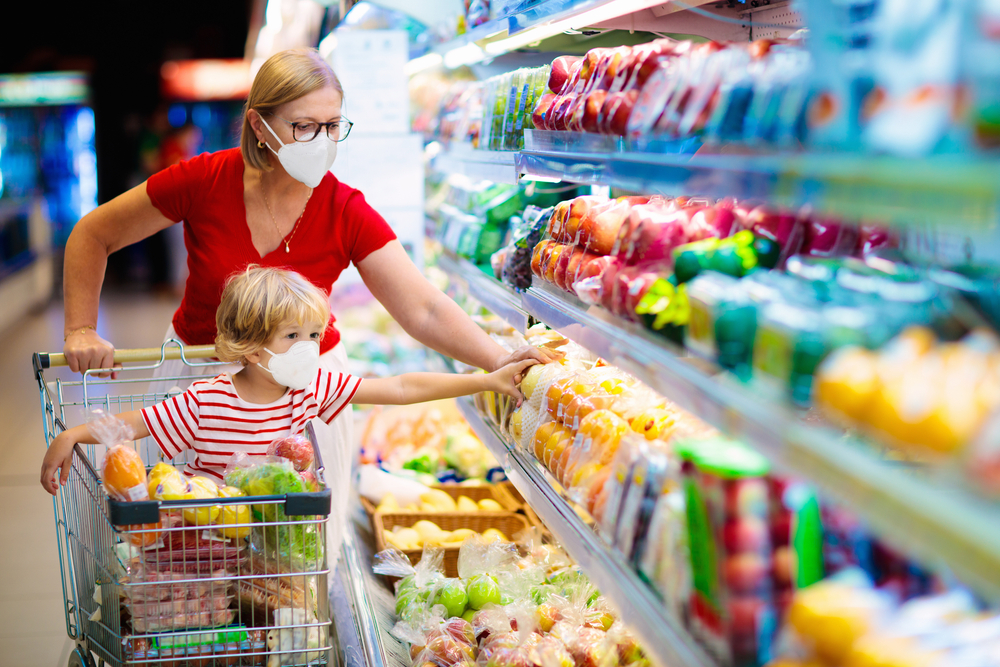
Wear a Mask to Help Slow the Spread and Reduce the Risk of COVID-19
Since people with COVID-19 don’t always have symptoms, it’s not obvious who’s sick and should actually be wearing a mask to protect the people around them. As a result, masks most effectively slow the spread of coronavirus when more people wear them – even those who have no signs of illness – because symptomatic or asymptomatic anyone could potentially be spreading the disease.
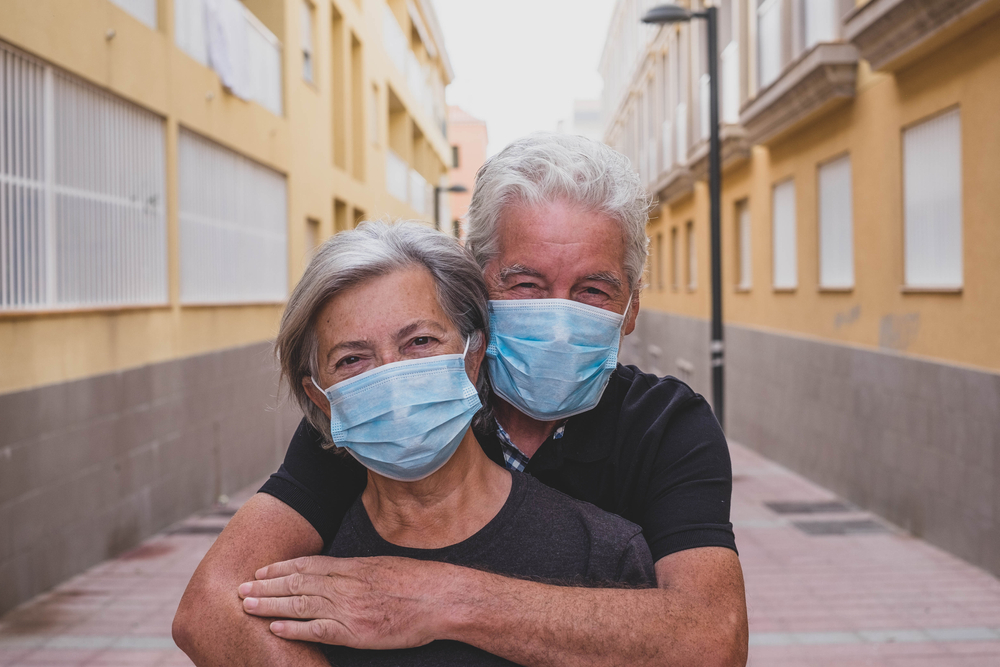
Wearing masks works best when more people do it, and there’s plenty of scientific research that demonstrates this point. One study showed that mask mandates slowed the growth rates of COVID-19. Another found that populations with existing societal norms of wearing masks had lower COVID-19 mortality rates.
However you look at it, it’s clear that populations that wear masks slow the spread of respiratory viruses. Our healthcare professionals at Gulf Coast Health Center strongly urge you to adopt the practice of wearing a mask. To learn more about slowing the spread of COVID-19 and the most effective types of face coverings, we welcome you to contact your healthcare provider today.




